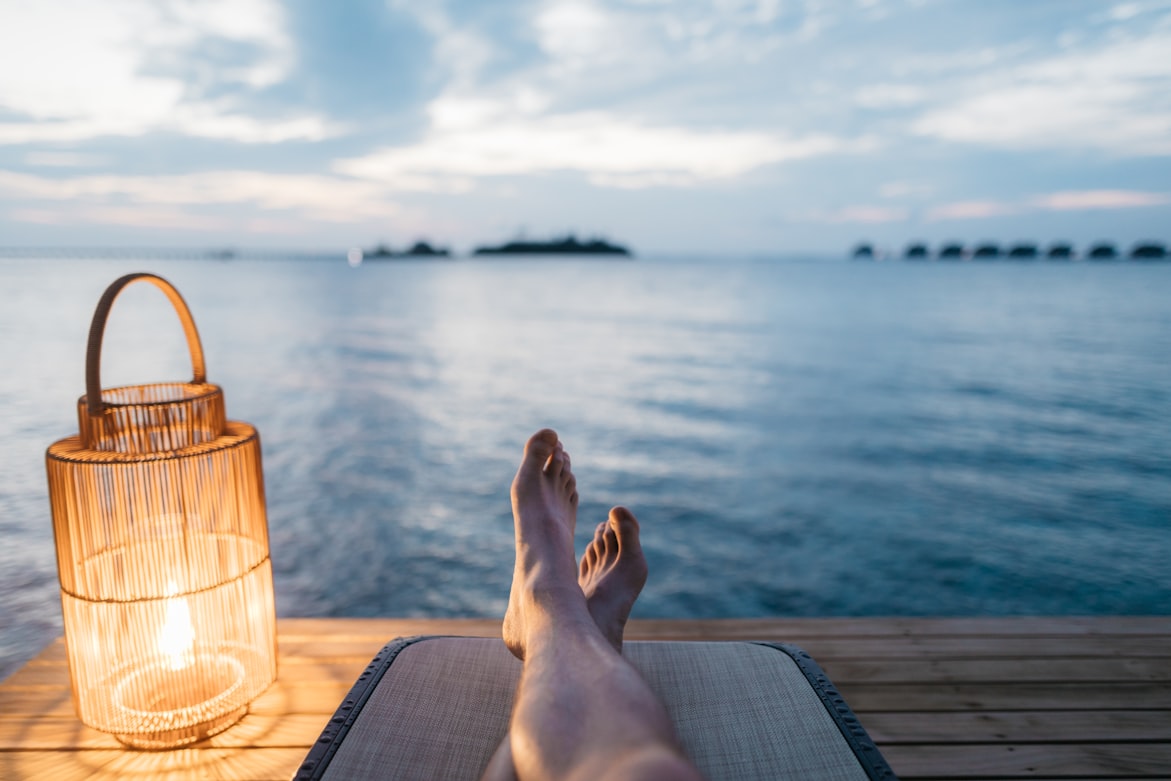Anxiety Relieving Techniques That Have Been Proven To Work
Anxiety may strike anyone at any time. Anxiety or overwhelm is a natural and healthy reaction to stressful conditions, such as dealing with the unknown of a medical emergency. However, this does not make it enjoyable.
Fortunately, dealing with anxiety is possible. To prevent worry from taking hold, try these tactics.
Obtain Enough Rest
There is a two-way link between sleep and anxiety: According to the Anxiety and Depression Association of America, anxiety can induce sleeping issues (ADAA). Anxiety can be exacerbated by a lack of sleep.
The average adult need seven to nine hours of sleep every night. The National Sleep Foundation advocates sticking to a consistent routine that includes going to bed and getting up at the same time each day to obtain more sleep.
Mindfulness Meditation Should Be Practiced
According to the National Center for Complementary and Integrative Health, including meditation into your life can help you manage with anxiety.
Mindfulness meditation programs, such as UPMC's Mindfulness-Based Stress Reduction (MBSR) course, have been shown to be beneficial in lowering anxiety and depression, according to research. They can also help you obtain more sleep by alleviating insomnia.
Exercise On A Regular Basis
Endorphins are released when you exercise. These chemicals in the brain help the body cope with pain and stress. They also create a similar level of euphoria, or happiness, to morphine. According to the ADAA, just five minutes of cardiovascular exercise can kickstart these anti-anxiety benefits.
Adults should obtain at least 150 to 300 minutes of moderately strenuous physical exercise each week, such as brisk walking, according to the current federal Physical Activity Guidelines for Americans. They can also obtain 75 to 150 minutes of vigorously intensive exercise like running, riding, or swimming. Aerobic exercise should be spaced out throughout the course of the week.
Spend Time In The Great Outdoors
A walk in the woods or even a tree-lined park should be part of your anxiety-relieving routine.
Forest bathing, or taking long, unhurried walks in nature for health reasons, has been shown to decrease blood pressure and alleviate anxiety in studies. According to a review of clinical studies published in the International Journal of Biometeorology, salivary cortisol levels, which are stress indicators, were considerably lower in forest bathing groups compared to the control group.
Take Up Yoga Or Tai Chi As A Form Of Exercise
Yoga does more than just make you more flexible. Exercise, deep breathing, and meditation are all included. According to a study of body-centered therapies published in Frontiers in Psychology, yoga is an all-in-one antianxiety practice. Tai chi, which combines meditation and martial arts, functions in a similar way.
Dance As A Form Of Therapy
Dance therapy, also known as movement therapy, decreases anxiety by stimulating the neurological system, which controls how the body reacts to stress, according to the same study. Furthermore, dance/movement therapy boosts the synthesis of serotonin, a mood-regulating neurotransmitter generated by cells.
Take A Deep Breath
When the symptoms of anxiety or a panic attack appear, such as sweating, shaking, dizziness, fast heartbeat, and nausea, take long, steady breaths to help your body and mind relax, according to Psychology Today. Quick, shallow breathing can cause or exacerbate anxiety.
Caffeine And Alcohol Should Be Consumed In Moderation
Caffeine constriction narrows blood vessels, raising blood pressure and contributing to anxiety. Coping with anxiety does not necessitate the use of alcohol as a numbing agent.
Alcohol can disrupt the neurotransmitters that regulate anxiety, making it difficult to have a decent night's sleep. According to Vice, drinking to cope produces a feedback loop that exacerbates anxiety and can lead to alcoholism.
Examine Your Medications
Anxiety can be caused by some medications, such as corticosteroids, asthma medications, and others. Consult your doctor to see if any medications you're taking might be a cause.
When Should You Consult A Mental Health Professional?
Chronic anxiety can also be a sign of a deeper mental health problem. It's critical to get help from a mental health professional if your anxiety is causing you great suffering or interfering with your ability to function on a daily basis, or if panic episodes are frequent and debilitating. They can recommend a treatment plan that may involve anti-anxiety medication, psychotherapy, or both.


